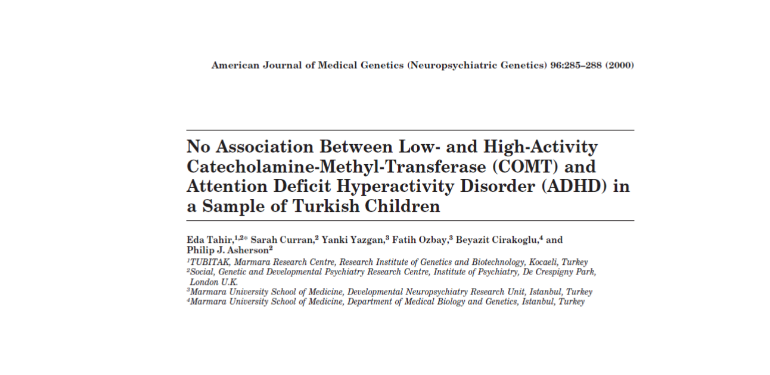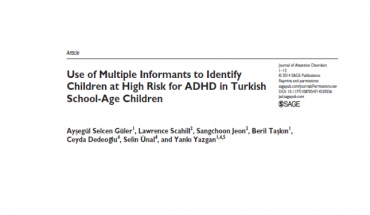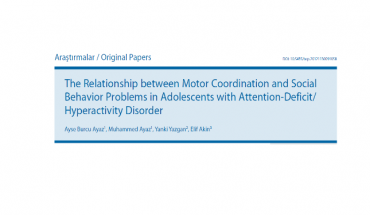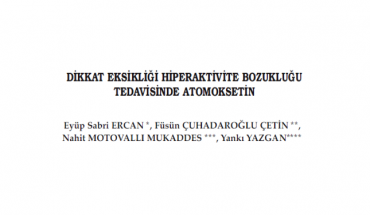Abstract
Biochemical and genetic studies of attention deficit hyperactivity disorder (ADHD) suggest that regulation of catecholamine neurotransmission is a key factor in the aetiology of the disorder. In particular, it is postulated that an underactive dopamine system is associated with the disorder. In this study we have tested this hypothesis by screening a clinical sample of Turkish children with the combined subtype of ADHD with a functional variant of catecholaminemethyl-transferase (COMT) that codes for high- and low-activity variants of the enzyme.Using within-family tests of association and linkage in a sample of 72 children, we found no evidence for a genetic association or linkage. We conclude that altered regulation of catecholamines due to this polymorphism does not have a significant main effect on the risk for ADHD in this population. However, it remains feasible that more minor effects or interacting effects with other genes or environment exist.
KEYWORDS: association study; catecholamine-methyl-transferase




